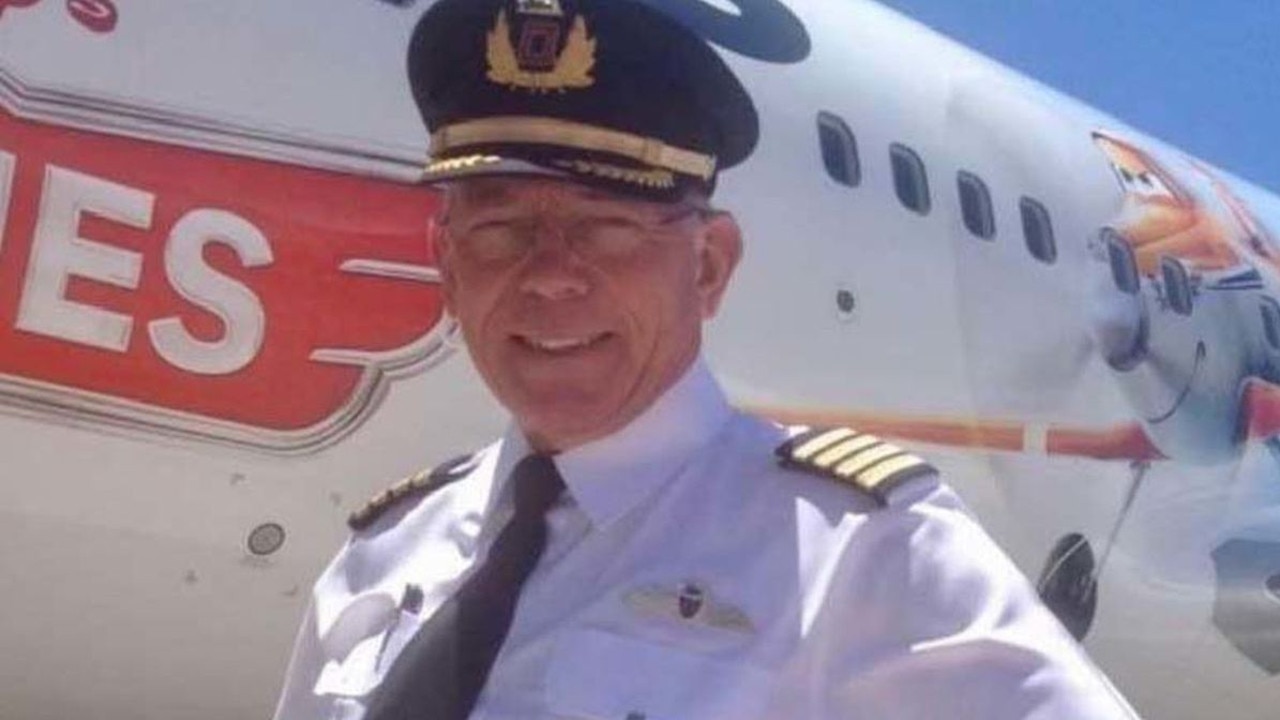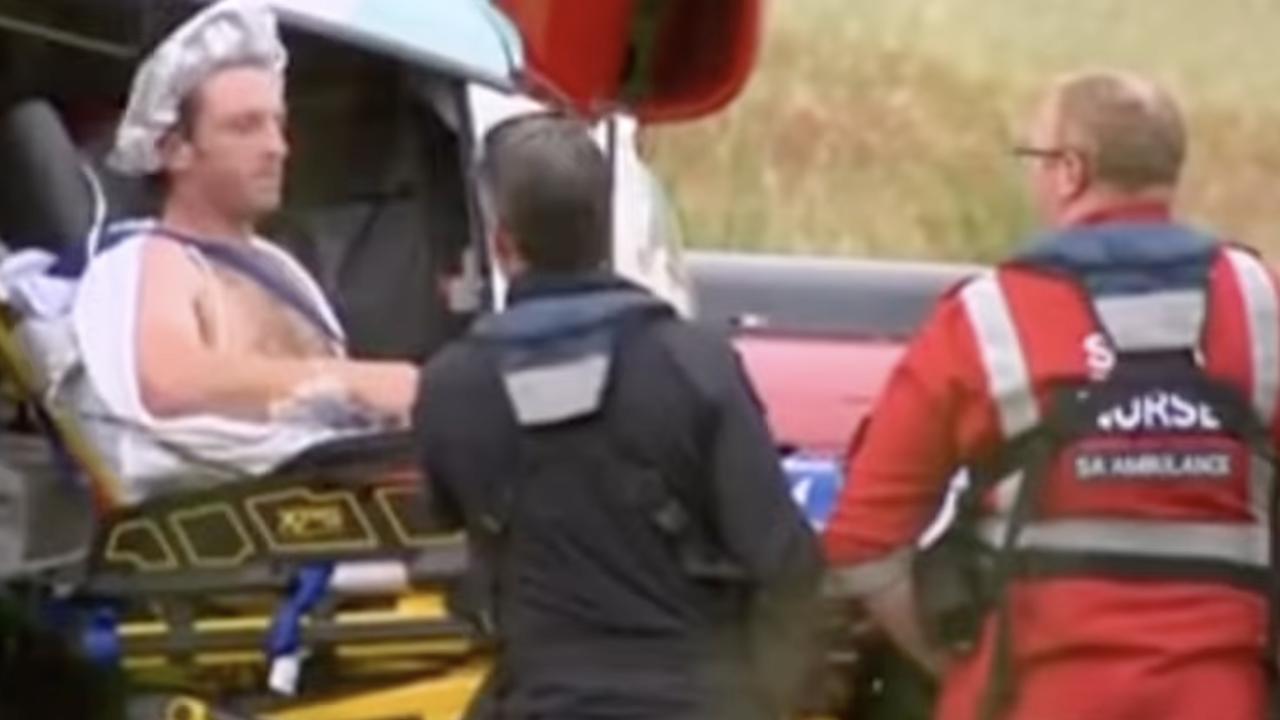Teen in court over Snapchat ‘joke’ that caused fighter jets to flank packed plane
A judge has decided the fate of a young man who sent a Snapchat to his friends at the airport, causing to two fighter jets to flank his packed plane.
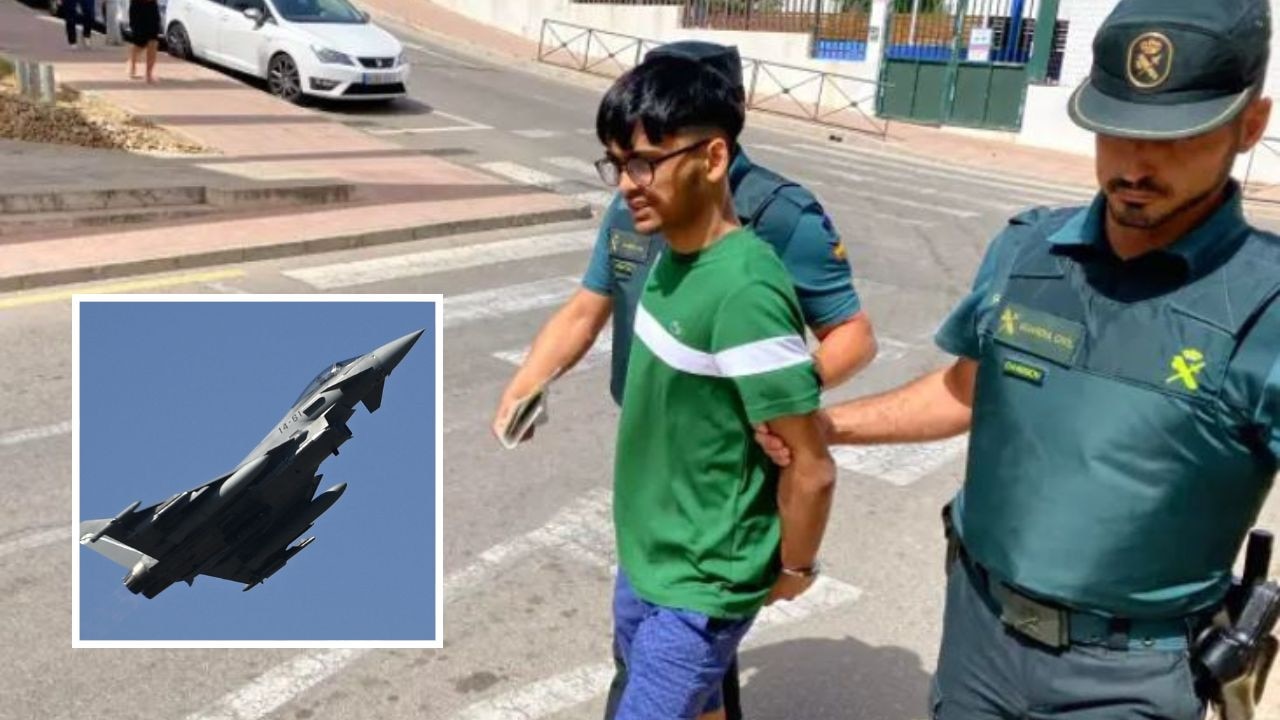
A former child chess prodigy who told his friends he was a Taliban and going to blow up a holiday plane from London to Spanish island Menorca has been cleared of any wrongdoing.
University student Aditya Verma, 20, admitted saying to his pals: “On my way to blow up the plane. I’m a member of the Taliban,” at his one-day trial in Madrid on Monday, The Sun reports.
But he insisted he was joking with them in a private Snapchat group and had “no intention” of mobilising the two Spanish fighter jets sent to escort the packed easyJet plane in July 2022.
The aircraft – full of 140 other holiday-makers – was flanked by the jets ahead of its descent as police and firefighters were mobilised on the ground.
Armed cops then hauled the young British man off the easyJet plane in handcuffs after it landed on the island and he spent two nights in police custody before going in front of a judge in Mahon.
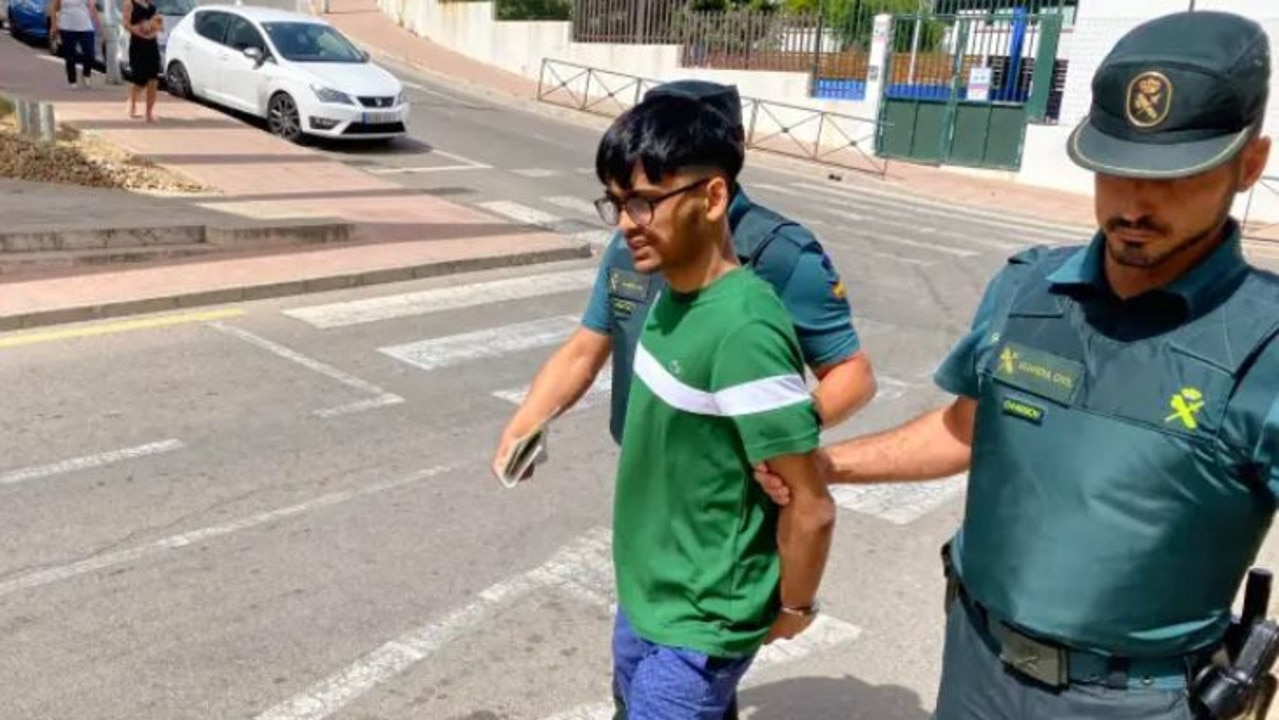
Aditya sent the message in a group he shared with six friends alongside a photo of him in sunglasses and a hat.
The Spanish response was a reaction to an alert put out by the British authorities after they picked up on Aditya’s message while he was still at London’s Gatwick Airport.
Indian-born Aditya, who was 18 at the time, had flown to the island on July 3, 2022, for a post A-Level exam holiday.
He ended up being charged with a public order offence.
Spanish prosecutors said on Monday they wanted him to pay €94,782 ($156,090) for the cost of scrambling a Eurofighter military jet and a fine of €22,500 ($37,055) if he was found guilty.
But judge Jose Manuel Fernandez-Prieto said today his actions hadn’t constituted a crime after returning his verdict just three days after the end of the quick trial at the centralised Audiencia Nacional court.
He said of the actions of the British youngster: “No intention to provoke the mobilisation of a military plane, or any police or other emergency service is apparent.”
He added: “It cannot be ignored that the message and photograph with it were not sent to any official organisation, nor were they publicised in any way that would inevitably lead to the corresponding mobilisation of the pertinent police, assistance or rescue services.
“On the contrary they were shared in a strictly private environment, between the accused and the friends he was flying with to which only they had access.
“The accused could not even remotely assume (as he expressly stated at the trial), that the joke he played on his friends could be intercepted or detected by the British services, nor by third parties outside of his friends who received the message.”
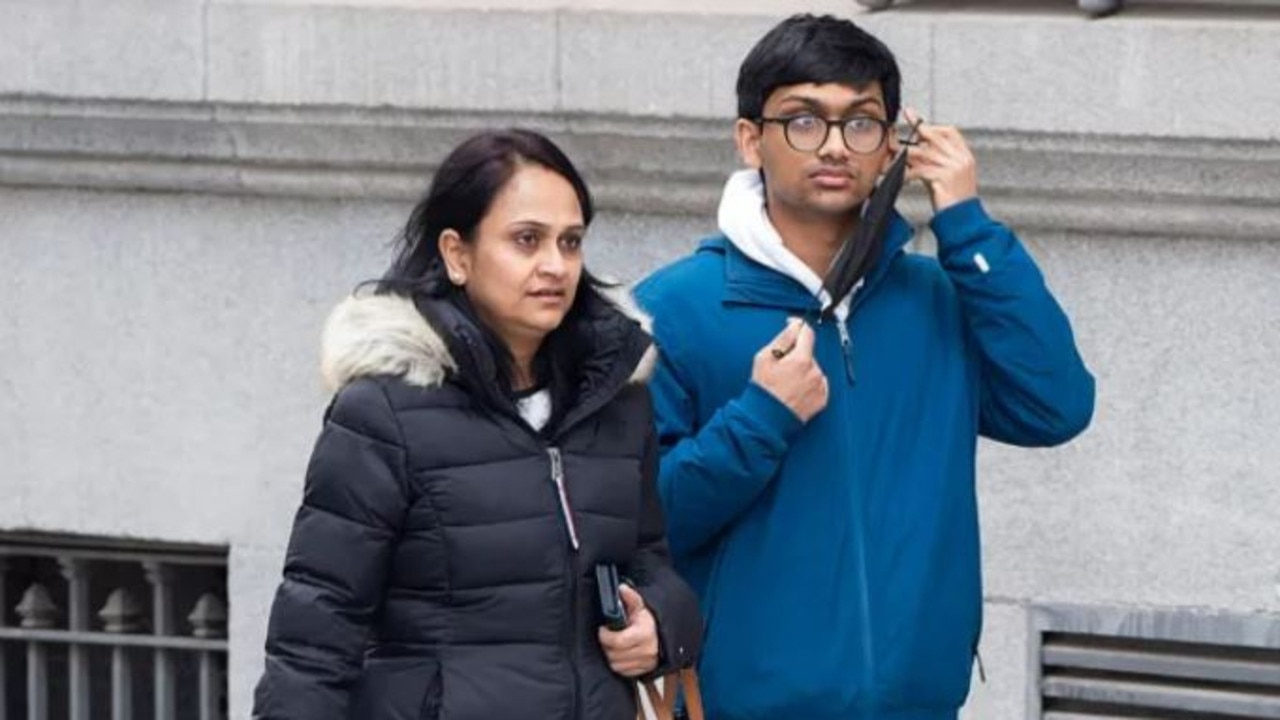
British security services are thought to have picked up the message via Gatwick Airport’s public Wi-Fi service, although there was no confirmation at the trial.
Aditya admitted one of his friends could have been using the airport Wi-Fi.
A friend who gave evidence on his behalf denied a prosecutor’s suggestion one of them could have shared the ‘Taliban bomb joke’ with others outside of their Snapchat group and it might have been picked up that way.
At the time of his arrest, Aditya had just finished at St Olave’s Grammar School in Orpington, Kent.
He has recently outlined plans to work in the finance sector and is now studying economics at Bath University.
Aditya has also represented England at several international chess tournaments and once met legendary player Gary Kasparov.
He said at his trial the friends in his Snapchat group were people he had known for up to ten years and trusted.
He told the court: “I was called a Taliban at school because of my features and I used to joke about it and I know the Taliban is considered to be a terrorist group.
“But I didn’t think it was going to cause people on the flight to be afraid because it was sent to a private friends’ group and wasn’t meant for them.”
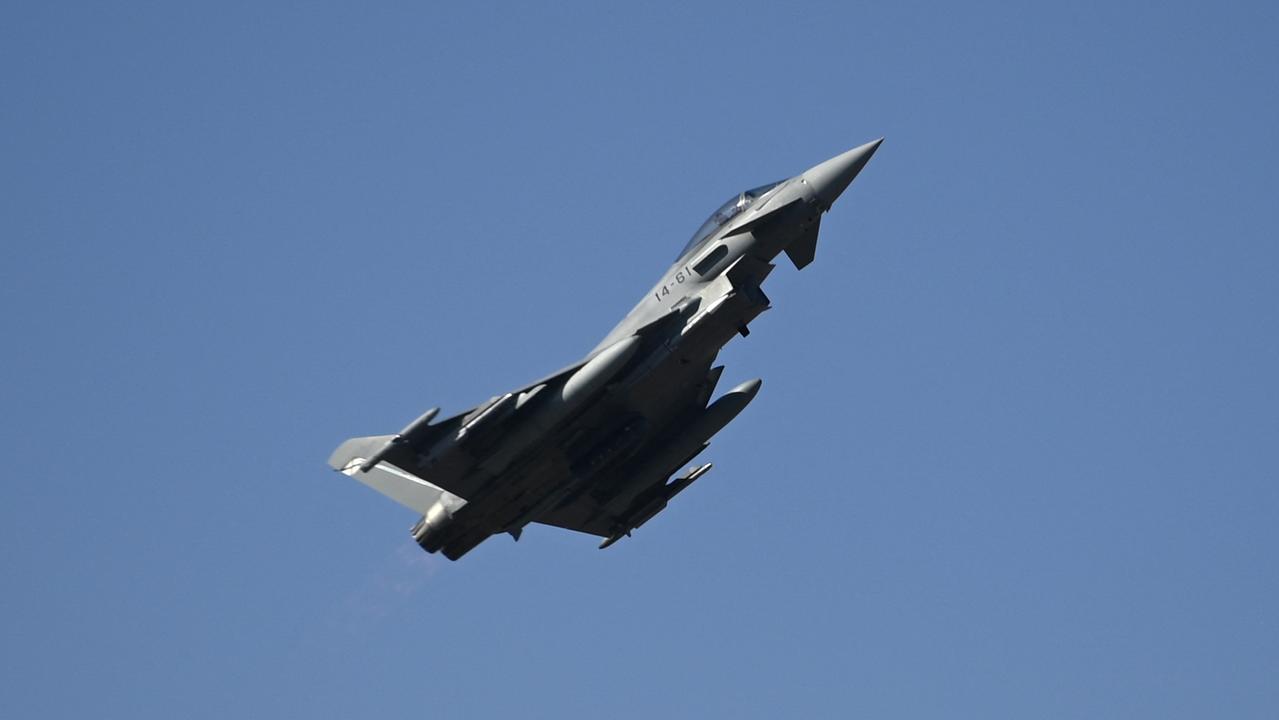
When asked what he thought upon seeing the two fighter jets flanking his flight, Aditya said: “Just before that time the Ukraine-Russia war was happening.
“I thought it was a military exercise related to that conflict.
“The pilot said the jets had been sent because he had accidentally sent a distress signal in a communication error and it was being fixed.
“Me and my friends were held when we landed and put in a room for a couple of hours and after that I was told I was being arrested and taken to a police station.”
State prosecutor Pedro Rubira revealed in his closing speech at the end of the 90-minute trial that the investigation prompted by the defendant’s ‘hoax’ concluded he was not a “dangerous terrorist activist.”
But he claimed Aditya was guilty of an act of “simulation” which had become public and created danger and would have led to people panicking if he had voiced the words he used on a public street.
In an emotionally-charged closing speech, Aditya’s defence lawyer Margarita Quintana said his comments in a “private group” had become public without any judicial authorisation.
She then slammed the British authorities for “breaching his right to privacy”, saying if anyone should be held responsible for the cost of the Spanish response it should be them.
“Aditya didn’t put his message on Facebook or advertise it,” Quintana added. “What he did was the equivalent of making a joke inside a car with friends.
“Who has the authority to intervene in a joke! If we’re prevented as individuals from enjoying freedom of expression and right to privacy what have we got left!
“This is not a punishable act. There was no ill-intention.
“This boy was 18 years old and was beginning a holiday which was a reward for his school excellence and when he and his friends landed in Menorca they realised they were in a nightmare.”
In his last address to the court, Aditya said: “The intention was never to cause publish harm or distress or mobilise public services.
“It was not a pre-planned message. I just wanted to go to Spain with my friends to enjoy the nice weather and experience Spanish football and nightlife.”
Judge Jose Manuel Fernandez-Prieto will release his verdict in writing at an unspecified future date.
In his acquittal decision, the judge said: “How the British services got to know about the photograph and message is something that is not known.
“But it does not mean the accused had the intention of mobilising the services indicated.”
Judge Fernandez-Prieto then said there was no proof to back up insinuations during the trial that one of Aditya’s friends had revealed the photograph and message to outsiders of the group.
“The public dissemination of the message and photograph by another person in the group would constitute a crime committed by that person and never the accused,” he added.
Spain’s state prosecution service has been told it has ten days to lodge an appeal if it wishes, which well-placed sources said they thought would be unlikely.
There was no immediate response to the judgement from Aditya, believed now to be back in the UK.
His parents Anand and Dipti Prasad who accompanied him to court, said they needed time to digest the news before making any statement.
This article originally appeared on The Sun and was reproduced with permission



